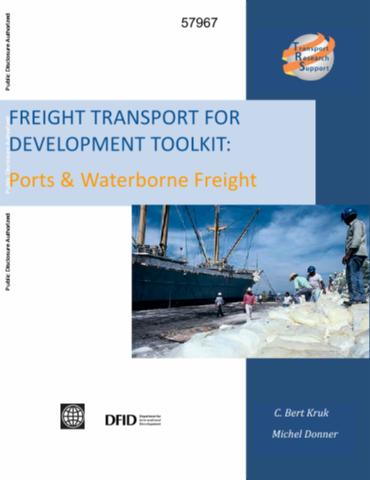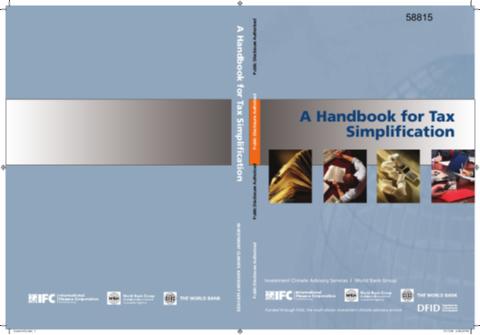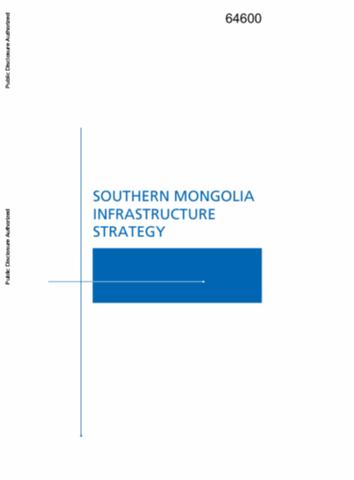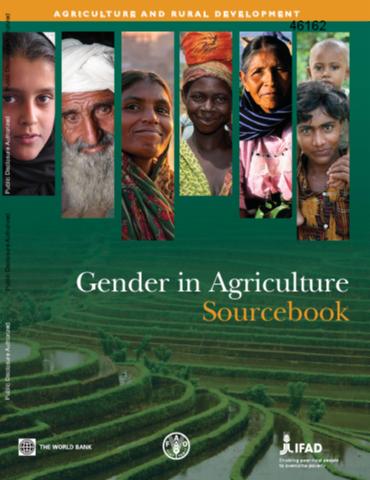The World Bank is a vital source of financial and technical assistance to developing countries around the world. We are not a bank in the ordinary sense but a unique partnership to reduce poverty and support development. The World Bank Group has two ambitious goals: End extreme poverty within a generation and boost shared prosperity.
- To end extreme poverty, the Bank's goal is to decrease the percentage of people living on less than $1.25 a day to no more than 3% by 2030.
- To promote shared prosperity, the goal is to promote income growth of the bottom 40% of the population in each country.
The World Bank Group comprises five institutions managed by their member countries.
The World Bank Group and Land: Working to protect the rights of existing land users and to help secure benefits for smallholder farmers
The World Bank (IBRD and IDA) interacts primarily with governments to increase agricultural productivity, strengthen land tenure policies and improve land governance. More than 90% of the World Bank’s agriculture portfolio focuses on the productivity and access to markets by small holder farmers. Ten percent of our projects focus on the governance of land tenure.
Similarly, investments by the International Finance Corporation (IFC), the World Bank Group’s private sector arm, including those in larger scale enterprises, overwhelmingly support smallholder farmers through improved access to finance, inputs and markets, and as direct suppliers. IFC invests in environmentally and socially sustainable private enterprises in all parts of the value chain (inputs such as irrigation and fertilizers, primary production, processing, transport and storage, traders, and risk management facilities including weather/crop insurance, warehouse financing, etc
For more information, visit the World Bank Group and land and food security (https://www.worldbank.org/en/topic/agriculture/brief/land-and-food-security1
Resources
Displaying 4691 - 4695 of 4905Freight Transport for Development Toolkit
The estimate of the United Nations Conference on Trade and Development is that more than 80 percent or close to 8 million tons in 2007, of world freight is transported by sea. Most, if not all, freight transport moves from the producer to the consumer through logistic processes thereby passing a number of nodal points. As for waterborne transport, sea and river ports and terminals form these nodal points where freight is transferred from one mode to another.
A Handbook for Tax Simplification
The purpose of this handbook is to provide policy makers with a framework to assess a tax system in its entirety, measure its various parameters and how it is administered, and defines best practices for tax policy and administration that will yield a tax system that is simple and predictable and does not create an undue burden on private enterprise. This handbook is primarily designed for policy makers and tax practitioners. The goal is to analyze the impact of income tax, the value added tax (VAT), and other local taxes that are imposed on business.
A Handbook for Tax Simplification
The purpose of this handbook is to provide policy makers with a framework to assess a tax system in its entirety, measure its various parameters and how it is administered, and defines best practices for tax policy and administration that will yield a tax system that is simple and predictable and does not create an undue burden on private enterprise. This handbook is primarily designed for policy makers and tax practitioners. The goal is to analyze the impact of income tax, the value added tax (VAT), and other local taxes that are imposed on business.
Southern Mongolia Infrastructure Strategy
This report is concerned with the development of the infrastructure which is required in order to support proposed mines in Southern Mongolia. In order for the mines to be developed, it will be necessary to provide towns for the new inhabitants, road and rail links to provide supplies and to transport the mines' products to markets, and electricity for the mines' operations. Water resources need to be investigated and supplied to the mines and towns. And as all of the development advances, consideration needs to be given to mitigating any negative environmental and social impacts.
Gender in Agriculture Sourcebook
Three out of every four poor people in developing countries live in rural areas, and most of them depend directly or indirectly on agriculture for their livelihoods. In many parts of the world, women are the main farmers or producers, but their roles remain largely unrecognized. The 2008 World development report: agriculture for development highlights the vital role of agriculture in sustainable development and its importance in achieving the millennium development goal of halving by 2015 the share of people suffering from extreme poverty and hunger.









